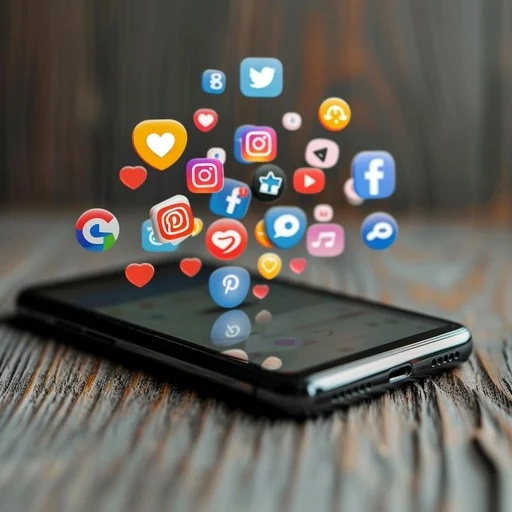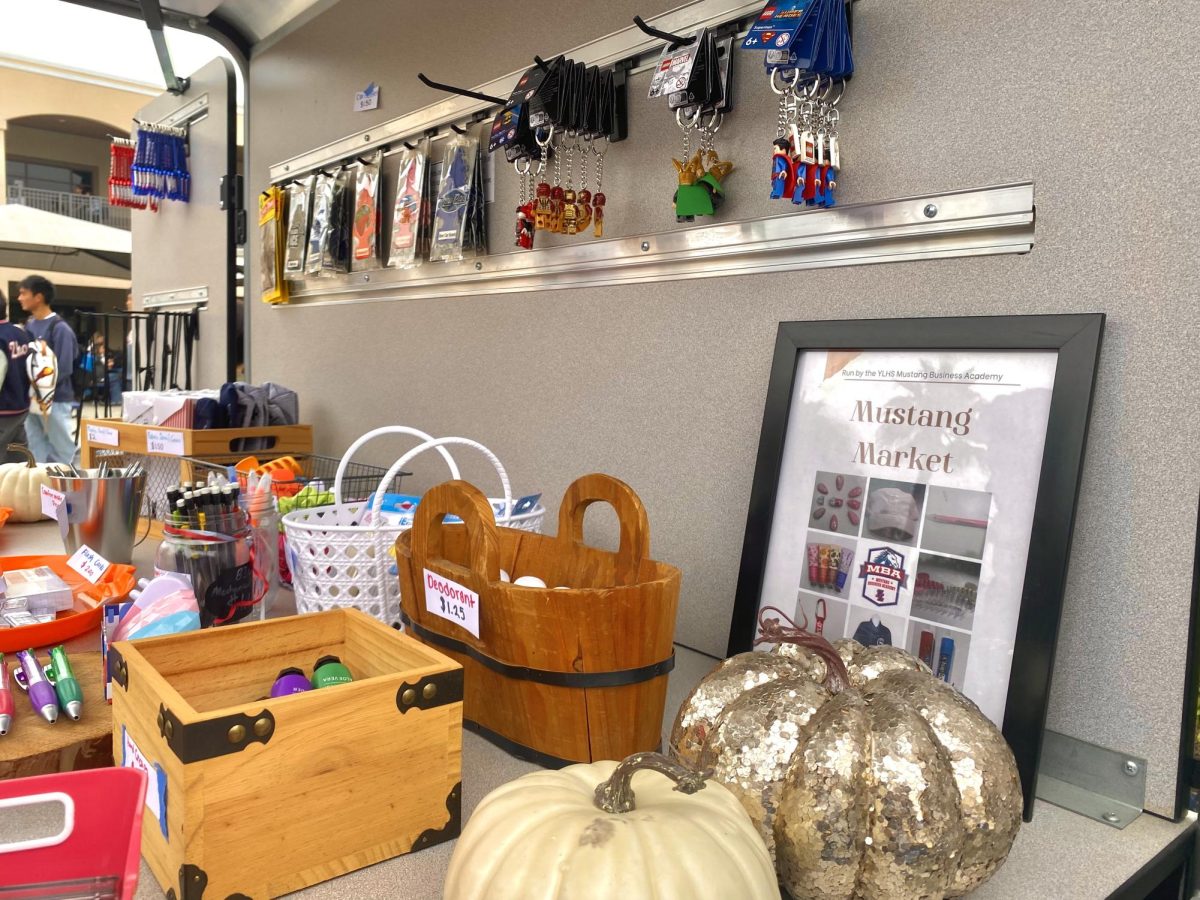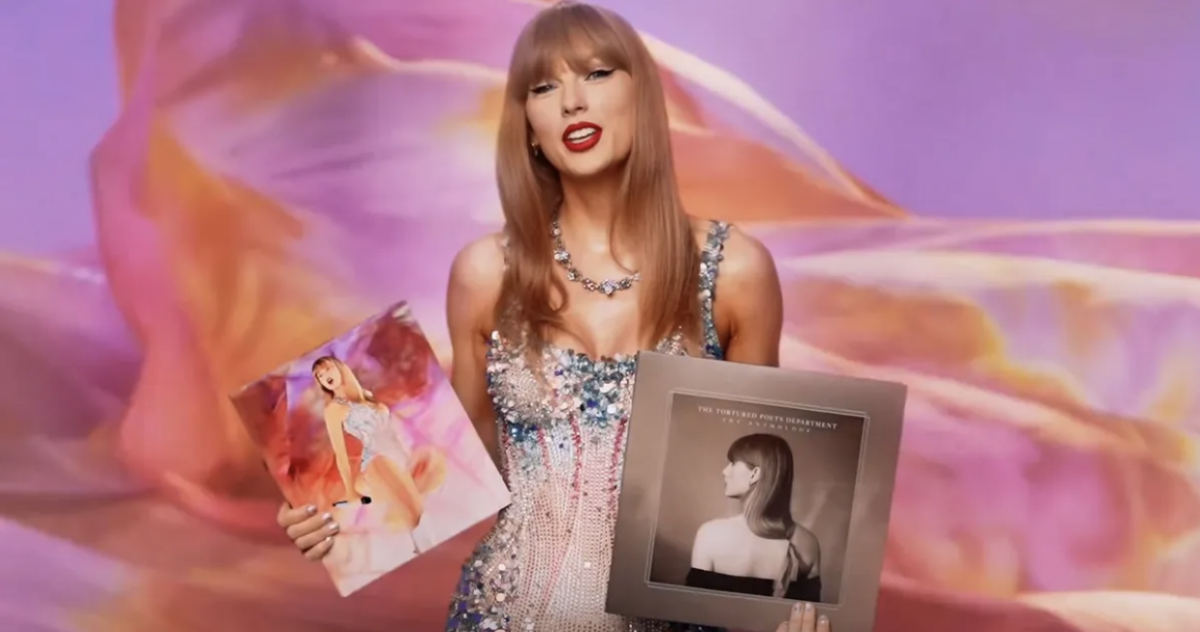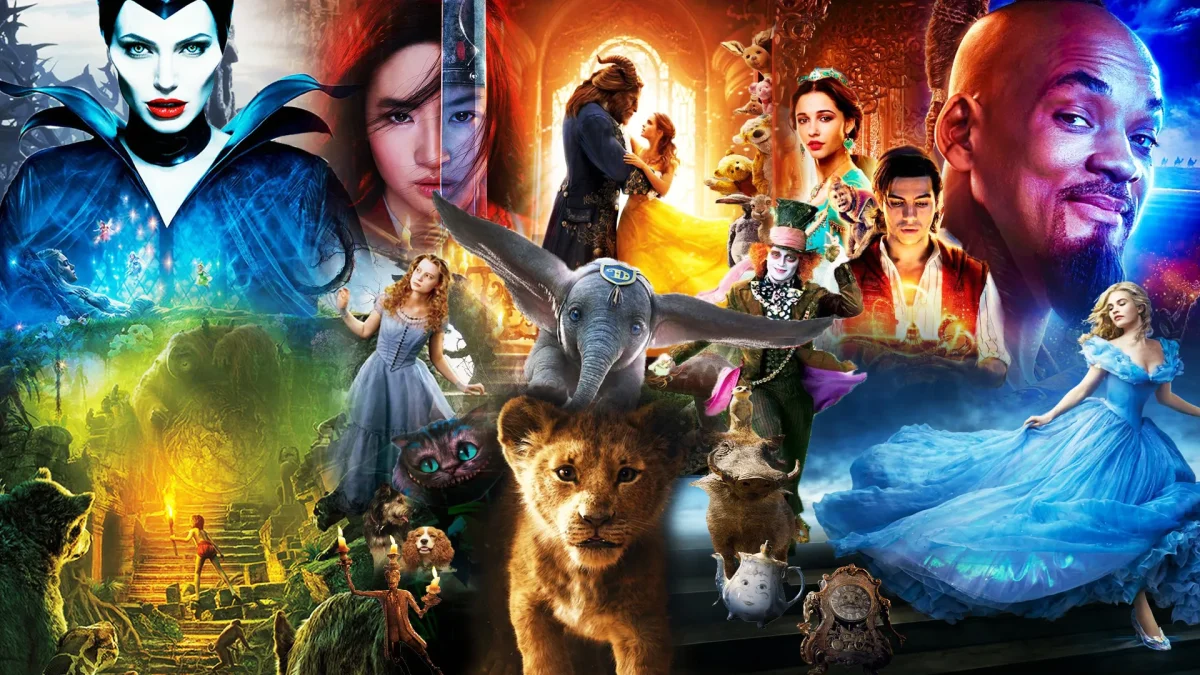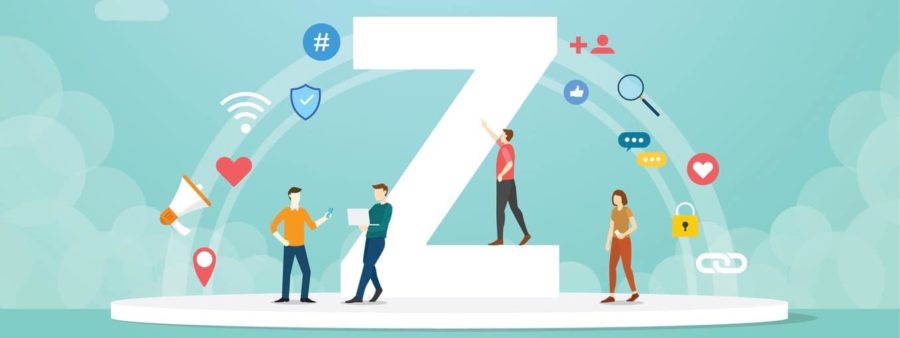Gen-Z: Society’s Future or Fall?
It is unclear whether or not Gen Z is going to be society’s future or fall.
October 31, 2021
Social media, slang, and new trends- these are all attributes most closely associated with Generation Z. Generation Z, or Gen Z (as its members more commonly address it as), consists of individuals born between the years of 1997 and 2012. In short, anyone who is twenty-four years old to nine years old this year is a part of the group. Born in the era of technology, Gen Z individuals are known to be well versed in it and have grown up with a massive amount of information at their fingertips- quite literally. It is very rare to find a person today without a cell phone in hand, let alone someone of Gen Z; this generation has simply deemed this object and other electronics necessities. Consequently, many feel an extreme sense of anxiety and boredom when rendered unable to text, browse the web, or use social media.
Previously unimaginable to past generations, Gen Z individuals experience a vast amount of information and entertainment that can be summoned within less than a second. If one does not know about the latest trending fad or incident circulating around the web, they are not “trendy” and are considered “slow” to the news. Tutorials on just about anything can be found on YouTube, and answers to most questions can be found on Google. Undoubtedly, Gen Z has the luxury of growing up with more resources than any of their predecessors.
However, is this truly a luxury? Is Gen Z truly receiving all of the advantages it should be? Is Gen Z taking advantage of the opportunities presented to them? In particular, it is noticeable that the average Gen Z individual has much less patience, cultural value, and compassion. Because of the immense exposure to media this age group experiences, they have become accustomed to instant satisfaction and have become extremely desensitized. Sadly, many would rather upload a TikTok video of themselves dancing or a selfie to Instagram, rather than appreciate a traditional book or music (other than the same generic, unintelligible rap songs looped on their AirPods at max volume). Along with demanding instantaneous answers and satisfaction, Gen Z has developed an extremely poor work ethic and sense of perseverance. When previous generations say, “back in my day” or “we had to do this by ourselves,” Gen Z is very quick to snap back with unsupported conviction, “Okay, boomer.” Yuhan (Cara) Tang (11) says, “We live in a society where everyone is sensitive over the smallest things, just like a circus.”
Although criticism from older generations may be tiring, Gen Z could really learn something from their predecessors. Previous generations were the last to experience an era of doing tasks manually, and truly authentically. The sentimental value of things such as holiday cards has been lost in a sea of pixels, handwritten letters being replaced by emails or text messages. Gen Z, in truth, has been spoiled; they have been told that they are the generation with the most potential due to the resources and opportunities provided to them today, but because of this they have become lazy and inconsiderate. Gen Z would be more accurately named as “Generation ME,” given the amount of vanity and selfishness seen in many of its members today. The young people of this generation complain countless times about how everything is unfair and of how they have self-diagnosed depression, but within seconds are spamming selfies on their social media profiles. Nevertheless, it is undeniable that Gen Z is brimming with potential, opportunity, and the advantages to reach its potential(and arguably, the greatest potential of all generations so far); that is, if they decide to set aside time from their social media sessions.


